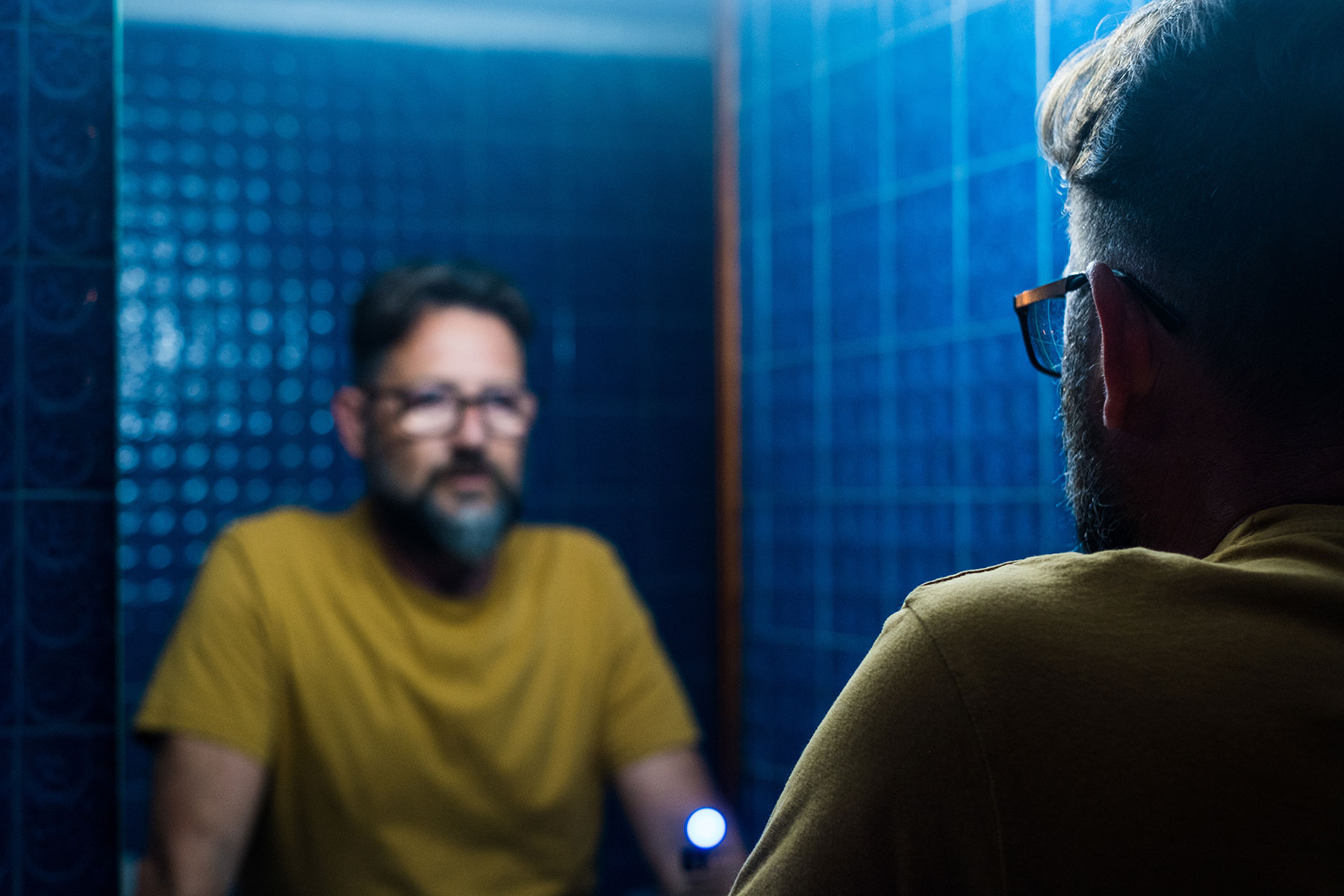What is dual diagnosis treatment? It is a form of treatment in which a therapist identifies and treats a co-occurring addiction and mental health condition. Individuals with multiple conditions require an integrated form of care that addresses both conditions at the same time.
A dual diagnosis treatment program provides individualized treatment plans to help those who suffer from multiple conditions. A person can get a more well-rounded form of care to have a lesser chance of relapsing. Looking for a dual diagnosis treatment center near you? Colorado Medication Assisted Recovery is here to help. Talk to one of our treatment specialists at 833.448.0127 today to learn how our dual diagnosis can help. Our medication-assisted treatment has helped many individuals on the road to recovery.
What Is Dual Diagnosis?
What is dual diagnosis? Dual diagnosis, also referred to as co-occurring disorders or comorbidity, is the presence of two diagnosable mental health conditions in an individual simultaneously. These two issues are often interrelated and interact with one another, making dual diagnosis treatment essential for a full recovery. Common combinations include:
- Substance use disorder and depression or anxiety
- Bipolar disorder and addiction
- Schizophrenia and a substance use disorder
Sometimes people with a mental health condition will self-medicate with drugs or alcohol to cope. This can lead to addiction, whereas a person with an existing substance use disorder may have their mental health symptoms worsen as a result of drug and alcohol misuse. Without proper treatment, these issues tend to just get worse over time.
Common Mental Conditions Associated with Addiction
Certain mental health issues are associated with addiction more than others. Oftentimes, these disorders are the underlying cause of substance misuse. The disorders may include:
- Attention-deficit/hyperactive disorder
- Bipolar disorder
- Borderline personality disorder
- Depression
- Anxiety
- Obsessive-compulsive disorder
Other disorders may include eating disorders, post-traumatic stress disorder (PTSD), or schizophrenia. Dealing with these disorders can be difficult for a person who is not equipped to manage the symptoms. This is why drugs or alcohol can become a fixation that leads to a full-blown dependency.
The Relationship Between Mental Health Conditions and Addiction
The role of an addiction treatment center in Colorado is to identify the correlation between the disorder and the addiction and provide the right treatment plan. In most cases, the relationship takes on one of three characteristics, including:
The Mental Health Conditions Triggers the Addiction
Most people are not equipped to deal with mental health conditions. Consequently, they develop behaviors to deal with the symptoms. A person who has anxiety or depression may turn to alcohol, prescription medication, or illicit drugs as a way of self-medicating. This can lead to dependency on the substance, making it difficult to quit.
The Addiction Causes the Mental Health Conditions
In cases of long-term addiction, a person may develop a mental health condition. The substance alters brain function to the point that it affects how a person thinks and feels. It is not uncommon for ongoing substance use to lead to anxiety, depression, or bipolar disorder. A person who has these conditions needs treatment for them, as well as the addiction.
They Exist Simultaneously with No Relationship
In some cases, a mental health condition may exist independently alongside the addiction. There may be no relationship between the two. A specialist may integrate several types of addiction treatment therapies to handle each condition. This treatment allows the person heals in all areas of their life, not just the addiction.
How Medication-Assisted Treatment Can Help
Medication-assisted treatment (MAT) is an evidence-based approach that combines therapy and medication to relieve cravings during addiction recovery. This type of program can help someone with a dual diagnosis find balance while managing both mental health and substance use disorders.
The goal of MAT is to provide long-term sobriety without reliance on drugs or alcohol. It can also help reduce the risk of relapse in those with co-occurring disorders. MAT focuses on cognitive and behavioral therapies, individual counseling sessions, and group therapy for addiction recovery.
Learn More About Dual Diagnosis at Colorado Medication Assisted Recovery
Learn more about co-occurring disorders when you contact Colorado Medication Assisted Recovery. We provide dual diagnosis treatment at our mental health treatment center in Colorado. Contact us at 833.448.0127 to find out more about your treatment options.






















